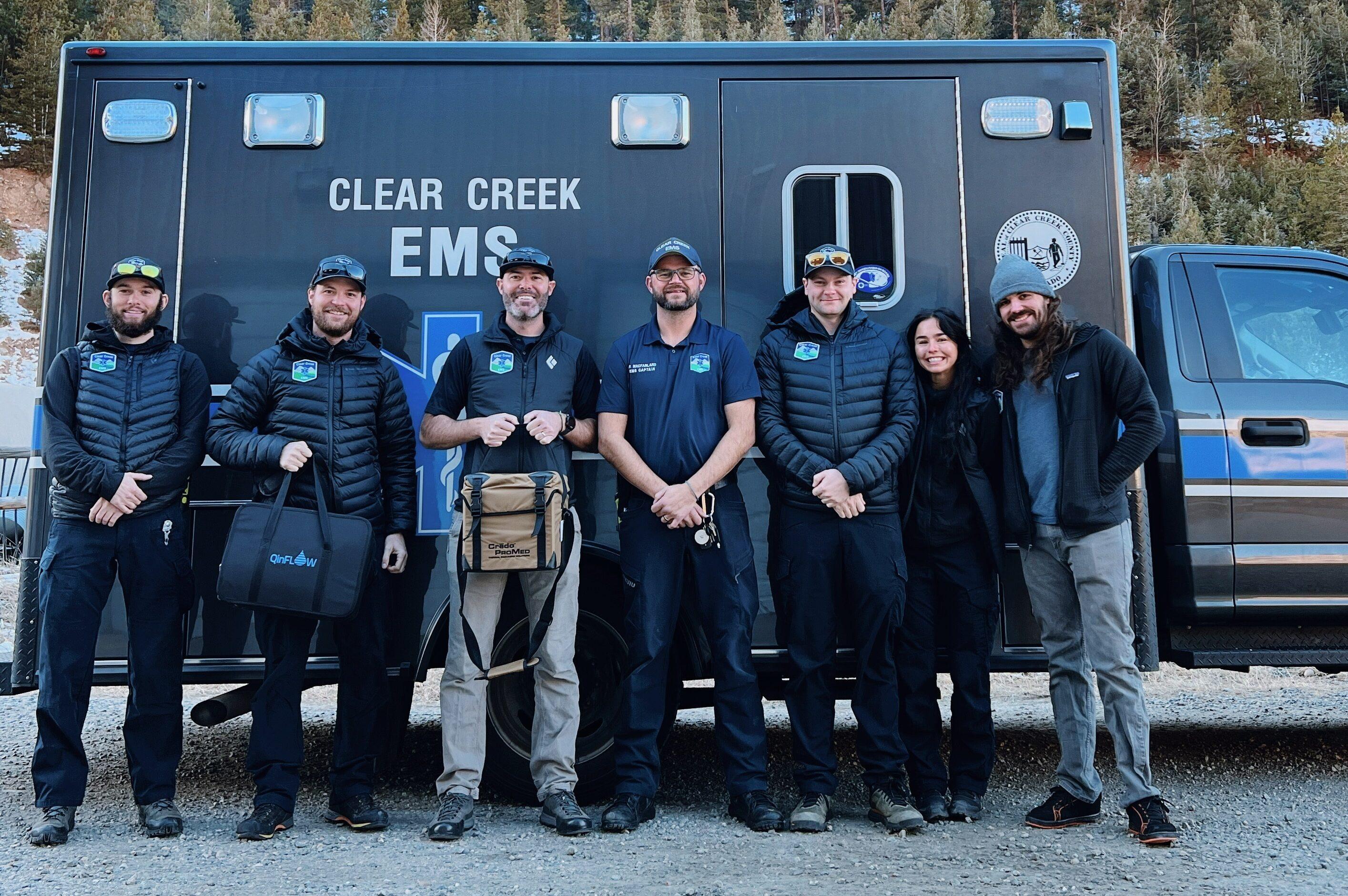Updated at 5:18 p.m. ET
Officials from 14 states' top legal offices and the Justice Department have begun a coordinated conversation about ways to keep tabs on — and potentially rein in — the fast-growing tech giants.
The Department of Justice on Tuesday convened a "listening session" with nine state attorneys general and top deputy attorneys from five other states. The meeting was originally pitched to focus on allegations of anti-conservative bias on social media.
But the discussion featured a broader group of topics in the tech industry, including the rapid growth of tech companies like Facebook and Google and their handling of user data. The attorneys general also talked about how antitrust laws might be used to set the right standard of consumer privacy.
"The discussion principally focused on consumer protection and data privacy issues, and the bipartisan group of attendees sought to identify areas of consensus," the Justice Department said in a statement after the meeting, which was closed to the press. "Many shared the view that it is essential for federal and state law enforcement authorities to work together to ensure that these challenges are addressed responsibly and effectively."
Much of the conversation in recent weeks has focused on Facebook, Twitter and Google, which were recently called to testify in Congress about the use of their platforms for misinformation campaigns. But at Tuesday's meeting, "more names were mentioned" than just those three companies, according to California Attorney General Xavier Becerra, who attended the meeting.
"There's a recognition that privacy has a different definition for everyone these days. What does matter is how the law treats privacy," which is also unclear, Becerra said. "But clearly ... rarely do you have a discussion about privacy without ultimately having a conversation about antitrust."
Last week, Louisiana's The Advocate newspaper reported that Jeff Landry, the state's attorney general, "would like to see Google, Facebook and other major social media behemoths broken up like the federal government did to Standard Oil more than a century ago." Landry was also at Tuesday's meeting; his office did not respond to NPR's inquiry.
Tuesday's conversation at the Justice Department did touch on historic cases when the government moved to break up companies, such as Standard Oil and Microsoft, Becerra told reporters after the meeting.
"The subject was raised as part of a conversation about how you deal with the growth and size of companies," said Becerra, a Democrat. "But I don't think there was a specific notion that simply dealing with size would get you the answer you need."
Nebraska Attorney General Doug Peterson told NPR that the next step for his counterparts was to figure out which states might be interested in a multistate effort focused on consumer protection. He said Tuesday's meeting came out of a presentation he and a few other attorneys general heard in June about how Internet companies collect data.
"One of the things that concerns me a great deal is the amount of data that is taken in so many different areas where I think the consumer has absolutely no awareness, for example mapping locations," said Peterson, a Republican. "One of the most important things is to make consumers aware of what these practices are and how it impacts their privacy."
As NPR reported previously, state attorneys general can have broad oversight power over social media, thanks to their consumer protection purview. Already, several of them have been investigating the tech companies. Cases have focused on the collection and use of private data, disclosures of sponsors behind political advertising and how advertisers might exclude people from seeing ads such as those based on race or religion.
Both Becerra and the Justice Department said the attorneys general plan to continue this thread of conversation in the coming months. The National Association of Attorneys General has a fall meeting scheduled for November.
9(MDEyMDcxNjYwMDEzNzc2MTQzNDNiY2I3ZA004))








